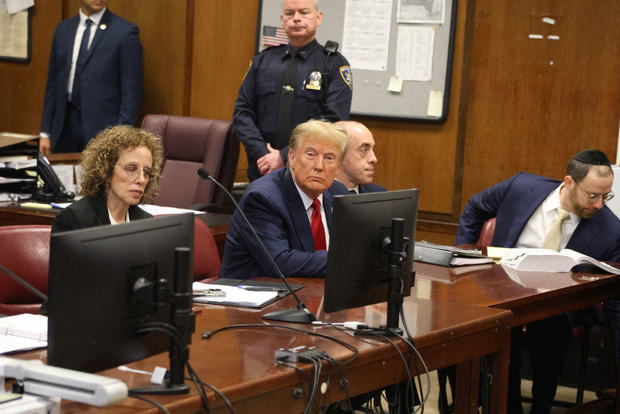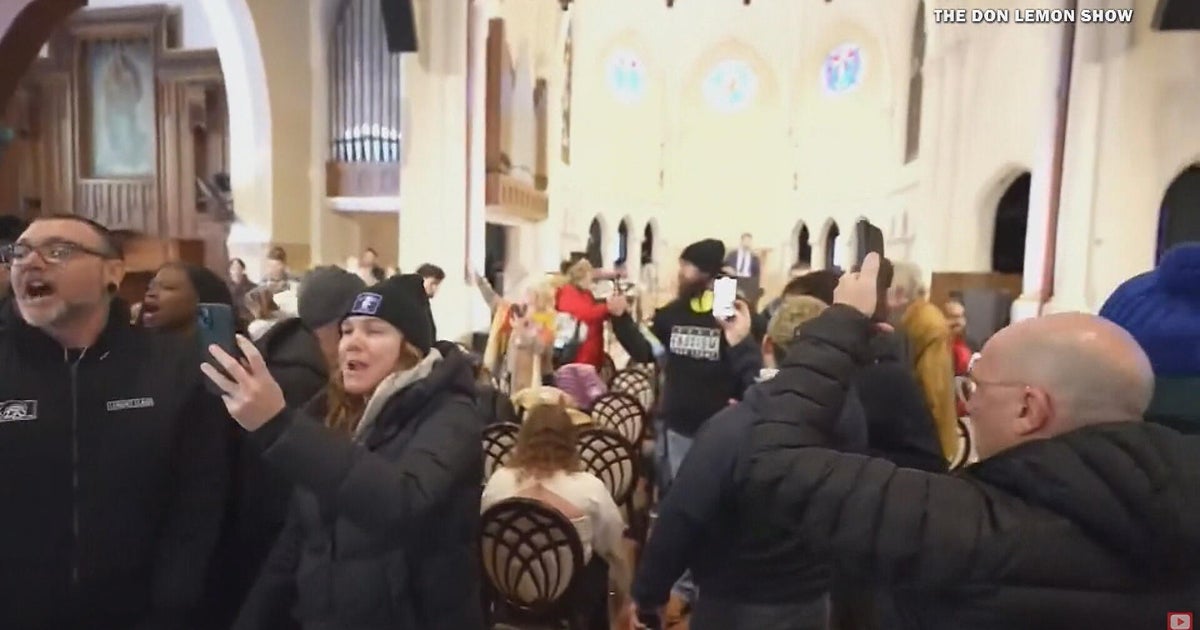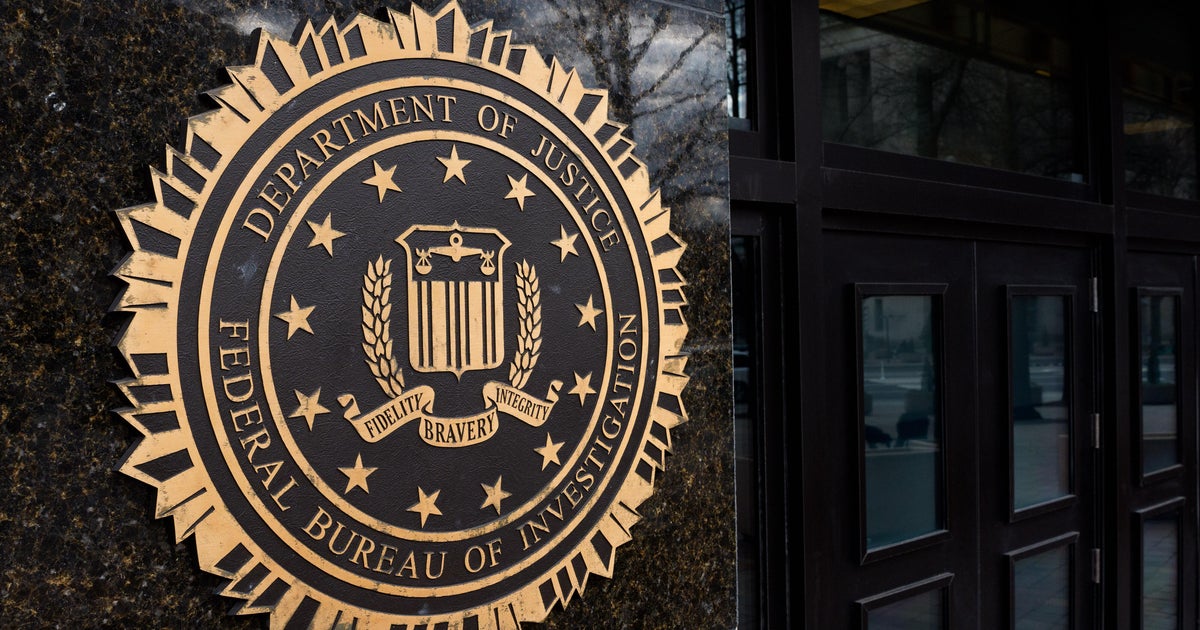Trump's first criminal trial set to begin March 25 as judge denies bid to dismiss "hush money" case
The first criminal trial against a former president in U.S. history will begin on March 25 with jury selection in the Manhattan district attorney's case against Donald Trump, a New York judge ruled Thursday, denying Trump's bid to dismiss the charges against him.
Trump attended a pretrial hearing Thursday in the case, which involves the circumstances surrounding a payment to adult film star Stormy Daniels in 2016. A grand jury voted to indict Trump on March 30, 2023, charging him with 34 felony counts of falsification of business records. Trump has denied wrongdoing and pleaded not guilty. He has repeatedly accused Manhattan District Attorney Alvin Bragg of pursuing the case for political gain.
Judge Juan Merchan denied Trump's motion to dismiss the charges at the beginning of the hearing. "At this point I can inform you that we're moving ahead with jury selection on March 25," he told the court. He later said he expected the trial to last about six weeks.
Speaking outside the courtroom before the hearing got underway, Trump said the case represented a "great double standard" and "election interference." He acknowledged he was trying to delay the beginning of the trial, and said the proceedings were taking him off the campaign trail.
"We want delays, obviously, I'm running for election," he said. "How can you run for election when you're sitting in a courthouse in Manhattan all day long? I'm supposed to be in South Carolina right now."
The hearing in the Trump "hush money" case
As Trump looked on, his attorney Todd Blanche immediately protested the judge's decision to proceed to trial, saying he expected to be able to discuss timing at the hearing. Blanche, one of the key members of Trump's legal team, said the decision was a "grave injustice" and pointed to the former president's various other legal entanglements.
"We have been faced with compressed and expedited schedules in every one of those trials," Blanche told the judge. "We — meaning myself, the firm and President Trump — have been put into an impossible position."
Merchan set a preliminary trial date of March 25 at a hearing last May, but there had been no other public proceedings in the case since then. Trump's attorneys had sought to have the charges thrown out, arguing they were politically motivated.
The judge assured Blanche that his client is "not going to be in more than one criminal trial at once" and said the issues Trump's attorney raised had "been on my radar for many, many months." He said he had discussed the timing of the trial with U.S. District Judge Tanya Chutkan, who will oversee Trump's federal prosecution in Washington, D.C., if it is allowed to proceed. Chutkan initially set a date of March 4, but the case is on hold as Trump pursues an immunity claim with the Supreme Court.
Once it became clear that Merchan would not delay the trial, Blanche and prosecutor Joshua Steinglass debated the questions that would be posed to screen potential jurors. Most of the questions related to what news outlets they consume and whether they belong to any fringe groups, like antifa or the Proud Boys. Prosecutors acknowledged that several questions were taken directly from the jury selection process in the defamation trial against Trump brought by the writer E. Jean Carroll.
One such question was: "Do you believe that the 2020 election was stolen?" Steinglass argued that an answer in the affirmative would indicate "an unwillingness to follow the facts and kind of just blindly follow" what Trump says.
Blanche argued that "what they all want to know, and what we want to know, is, 'Do you like President Trump?'"
"We can't ignore the elephant in the room. President Trump is running and he is a Republican, and he was the Republican president of the United States for four years, and the district attorney is a Democrat," Blanche said.
Steinglass responded: "We are not interested in whether people like or dislike President Trump, we are interested in whether they can be fair or unfair."
As the hearing wrapped up, Blanche told the judge that "the fact that President Trump is now going to spend the next two months working on this trial instead of campaigning is something that shouldn't happen in this country."
"What's your legal argument? That is not a legal argument," Merchan asked. "I'll see you on March 25."
What is Trump accused of?
Trump is accused of participating in a scheme to falsify records to hide a series of payments to his former "fixer" and lawyer Michael Cohen. The payments, prosecutors allege, were reimbursements for a hush money payment to Daniels, whose real name is Stephanie Clifford. She has alleged she had an affair with Trump, and agreed to keep quiet in exchange for $130,000 shortly before the 2016 election.
Trump's lawyers have denied the payments to Cohen were part of a cover-up, saying Trump was reimbursing the former lawyer for legal expenses.
The former president's legal troubles have only grown in the months since the last hearing in the case, and his calendar has filled up with court dates. He's been charged in three other criminal proceedings: federal cases in Washington, D.C., and Florida, and a state case in Georgia. He has pleaded not guilty in all three.
Trump chose to attend the hearing in New York instead of one in Georgia, where a judge heard evidence related to allegations that District Attorney Fani Willis and that case's special prosecutor Nathan Wade improperly used public funds while pursuing a romantic relationship. Both have confirmed the relationship but denied any financial conflict. The Georgia case involves accusations that Trump and others conspired in an attempt to thwart 2020 election results in the state.
Merchan said he gave Trump the option to appear virtually at the New York hearing so he could attend the Georgia proceedings.




